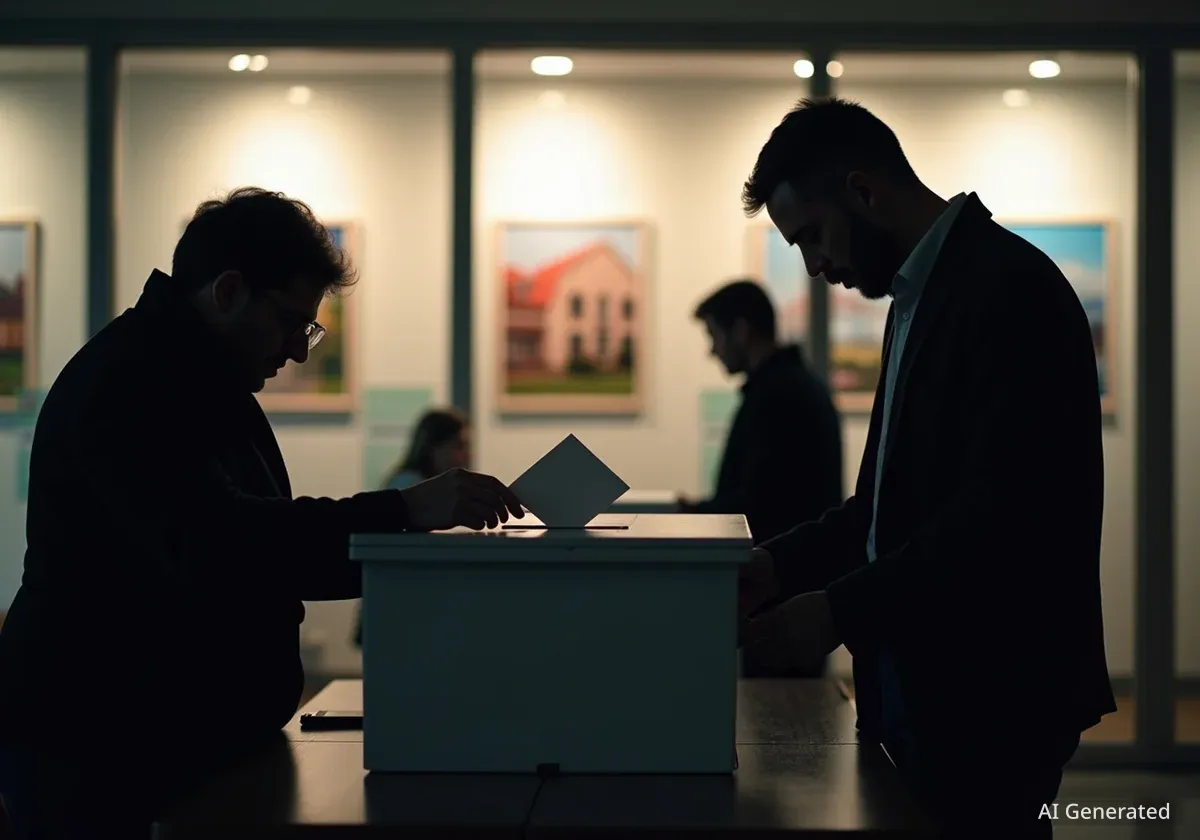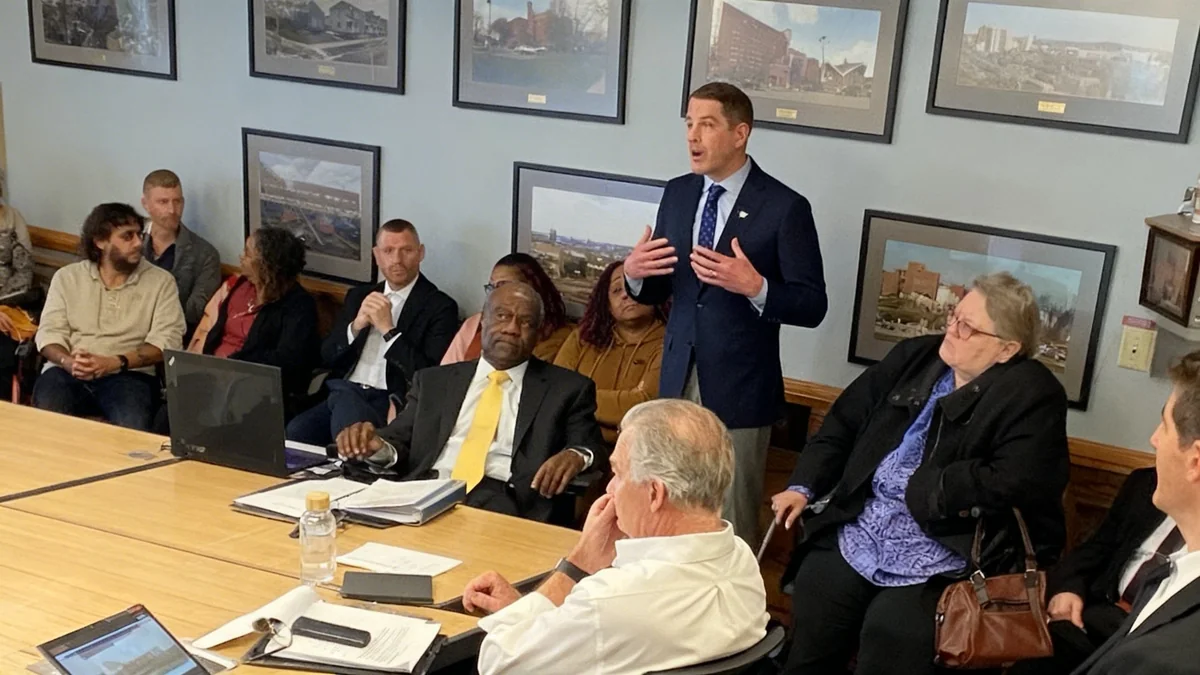Voters across the country approved measures and candidates focused on housing affordability, new development, and property tax relief in recent state and municipal elections. These results indicate a broad public desire for solutions to the ongoing housing crisis.
Key Takeaways
- Voters backed initiatives to increase housing affordability.
- Property tax relief measures passed in several states.
- Pro-housing candidates won mayoral races in key cities.
- Advocacy groups played a significant role in supporting these ballot initiatives.
Ballot Initiatives Address Housing Challenges
Several significant ballot initiatives aimed at improving housing conditions and easing financial burdens for homeowners received strong voter support. These measures highlight a clear mandate from the public for actionable change.
In New York City, voters approved Ballot Proposal 3 with over 55% of the vote. This proposal seeks to simplify the review process for new housing and minor infrastructure projects. The goal is to reduce review times, potentially speeding up development.
Support for Prop 3 came from various real estate and affordable housing organizations. This broad backing underscores the perceived need for streamlined development processes in a dense urban environment.
Fact: New York City's Prop 3
New York City Ballot Proposal 3 passed with over 55% of the vote. It aims to simplify the review of modest additional housing and minor infrastructure projects.
Property Tax Relief Gains Momentum
Homeowners in Texas will see property tax relief following the passage of three statewide propositions. These measures earned between 67% and 82% of the vote, showing strong public demand for reducing tax burdens.
Property taxes represent a significant cost for homeowners. The overwhelming support for these propositions reflects a widespread concern about housing affordability and the overall cost of living.
Context: Property Tax Impact
Property taxes are a major expense for homeowners. Relief measures can free up household income, making homeownership more sustainable for many families.
Advocacy Groups Mobilize Support
Advocacy teams provided crucial support for many of these successful initiatives. These groups offered grants to state and local associations to help organize and manage advocacy campaigns.
Out of 17 supported positions on ballot initiatives across the country, 14 prevailed. This demonstrates the effectiveness of organized advocacy in influencing public opinion and election outcomes.
"Voters overwhelmingly backed measures and candidates focused on tackling the housing affordability crisis and expanding access to homeownership," said a spokesperson for an advocacy group.
The success rate in these initiatives stands at a high 82%. This trend suggests a growing awareness and commitment among voters to address housing-related challenges.
Pro-Housing Candidates Secure Wins
Beyond ballot initiatives, several mayoral races saw pro-housing candidates emerge victorious. These wins are significant as mayors often have direct influence over local zoning laws and development policies.
In Atlanta, Georgia, Andre Dickens won reelection with a commanding 85% of the vote. He had previously received endorsement from local real estate associations in his 2021 mayoral campaign.
Meanwhile, Kaohly Her in St. Paul, Minnesota, also secured a mayoral victory. Her campaign notably emphasized affordable housing as a central issue, resonating with voters concerned about housing access.
Impact of Local Leadership
Local leaders play a critical role in shaping urban development and housing policy. The election of pro-housing candidates can lead to policies that encourage new construction, streamline permitting, and promote diverse housing options.
These mayoral wins could pave the way for more progressive housing policies in their respective cities. This includes initiatives that increase supply and address the needs of various income levels.
Looking Ahead to Future Elections
The success seen in these elections sets a positive tone for future political cycles. Advocacy groups are already looking toward upcoming elections, including the 2026 midterm cycle.
The goal is to maintain a high win rate for supported candidates and initiatives. In a previous election cycle, 97% of endorsed Congressional candidates won their races, setting a high standard.
This continued focus on housing and property tax issues suggests these will remain key topics for voters and policymakers alike. The recent election results provide clear direction on public priorities.
- Continued Advocacy: Groups plan to keep supporting pro-housing and property tax relief measures.
- Policy Influence: Newly elected officials may enact policies to boost housing supply.
- Voter Engagement: High voter turnout for these issues signals ongoing public interest.





